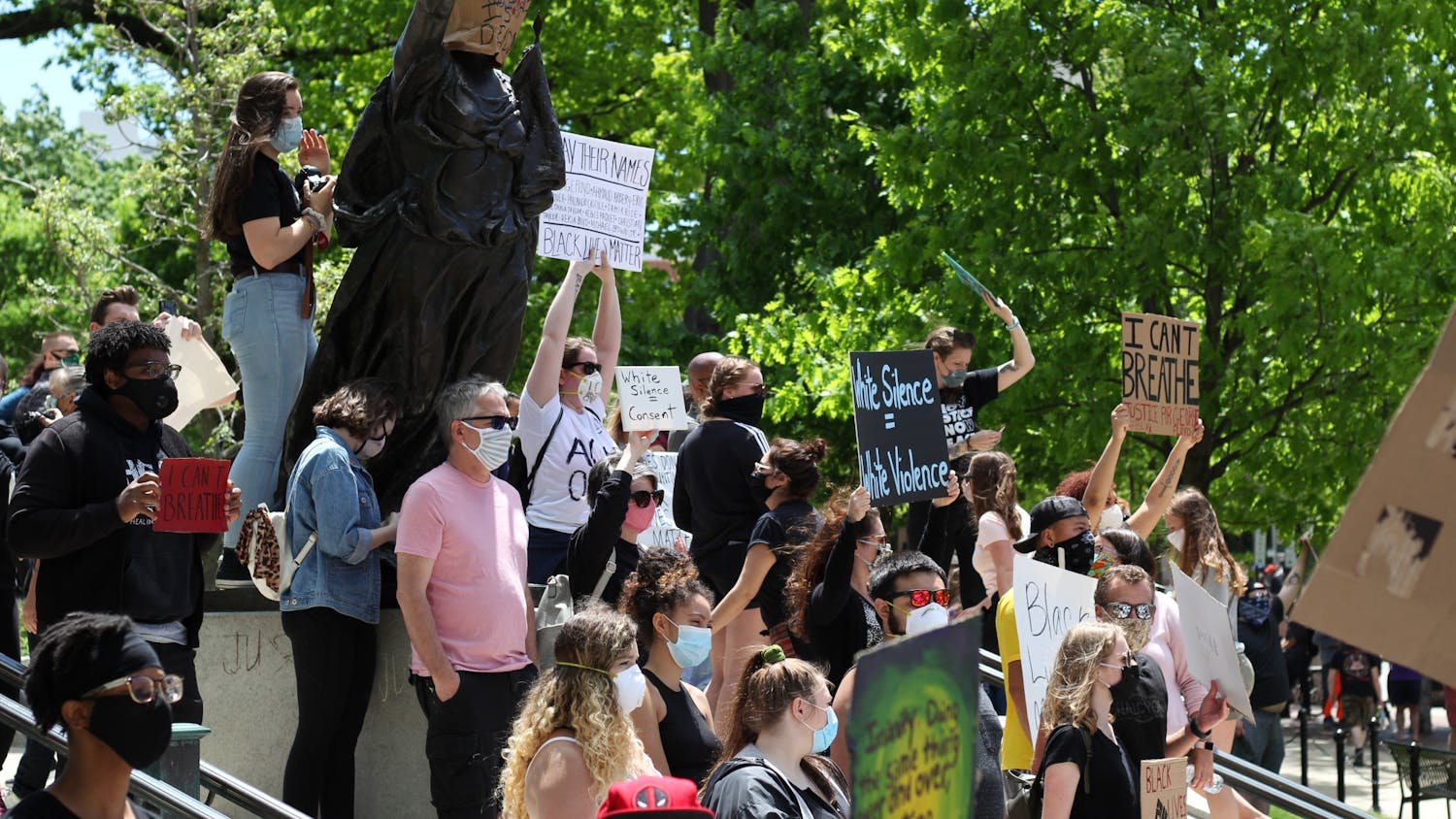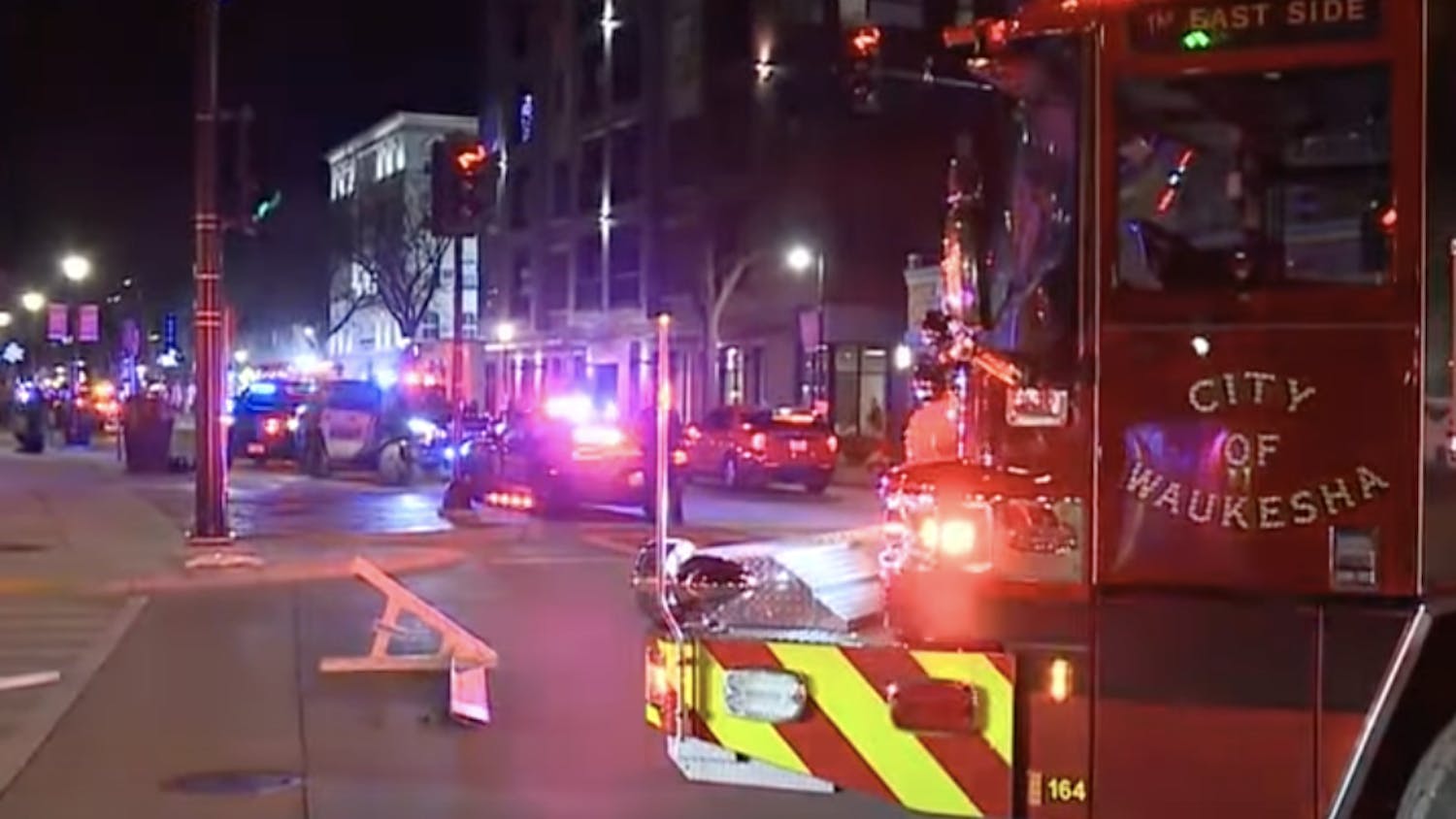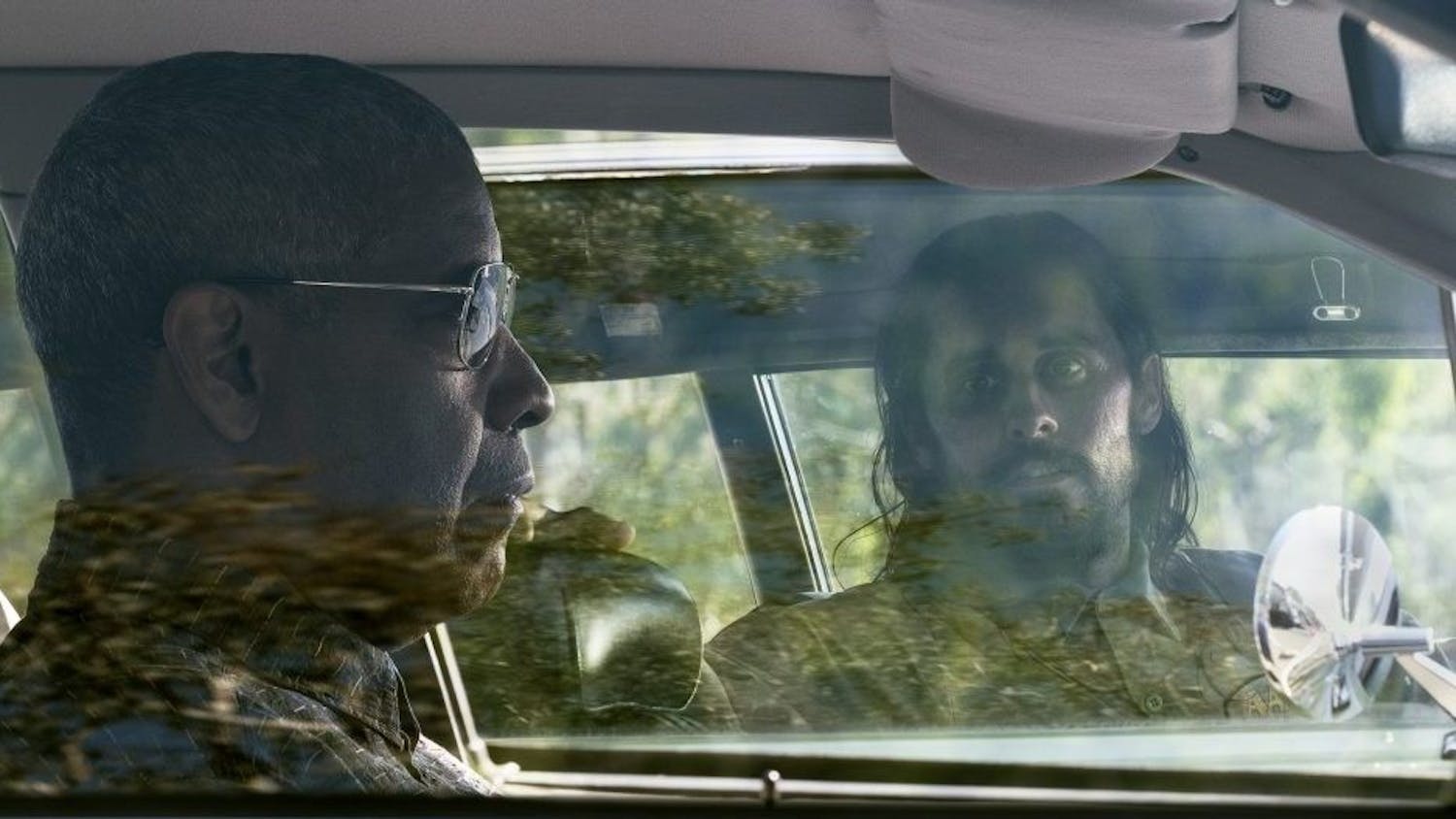Conflict arose Thursday during the Wisconsin State Assembly’s Criminal Justice and Public Safety Committee meeting as lawmakers feuded over the Republican-proposed "Tougher on Crime" policies intended to combat crime.
One proposed bill in the package calls upon the Department of Corrections to reincarcerate an individual if they commit a crime while on extended supervision, parole or probation. Another proposal would increase the list of violent crimes ineligible for parole or extended supervision.
State Sen. David Craig, R-Big Bend, who sponsored the bill, attributed the crime rate in Milwaukee and its neighboring areas as justification for the legislation.
“I continue to see news story after news story about repeat offenses, and the repeat offenses are becoming more and more aggravated and more and more serious and people are dying,” Craig said.
In addition to pushback from Democrats, fellow Republican members on the Criminal Justice and Public Safety Committee criticized the set of bills.
State Rep. Shelia Stubbs, D-Madison, insisted on utilizing community resources and providing support as the best way to reduce crime.
“We have to stop isolating people and get them the services and the help they need,” Stubbs said. “I ask you to please reconsider the process in which you’re going to further incarcerate someone who has never really been given a fair chance.”
State Rep. Michael Schraa, R-Oshkosh, questioned the financial feasibility of enacting the policies, particularly in re-incarcerating criminals.
“This is going to cost the state a lot of money,” Schraa said.h. “My question is, where are we going to come up with the money for this?”
A failed bill with similar intentions from the previous legislation session asked for $350 million to build more prison space.
Schraa also referenced Wisconsin’s overpopulated prisons and stipulated the state’s carceral system cannot handle the greater incarceration rates the policies aim to create.
A 2019 report from the state Legislature’s research office indicated Wisconsin prisons operated at 134 percent capacity in 2018.
Multiple advocacy groups, including the Wisconsin Counties Association, Wisconsin Coalition Against Sexual Assault and Wisconsin Justice Initiative, Inc. signaled their opposition to the legislation.
Another proposal looks to increase the list of crimes for which a juvenile could be incarcerated. This comes amid the state’s efforts to close two of its largest — and troubled — juvenile detention centers.
The package also includes bills relating to domestic violence court cases, including one proposal to which would make any attempt to intimidate a victim of domestic abuse before they take the stand a felony.
Jenna Gormal, the Public Policy Coordinator at End Domestic Abuse Wisconsin, argued this proposal does not serve in the best interests of domestic violence survivors.
“Survivors across the state are not telling us that we need to be tougher in sentencing, they’re telling us that they need affordable housing and child care, they’re telling us their partners need help and they’re telling us that incarceration is not justice,” Gormal said.
Another proposal would allow victims to testify through video or deposition rather than in court.
These proposed bills have yet been voted on. This legislative session is expected to conclude at the end of the month, meaning there is only a small window of time for these bills to proceed.
Gov. Tony Ever’s office have opposed many of the bills, and indicated if the bills made their way through the legislature, he would likely veto the measures.






